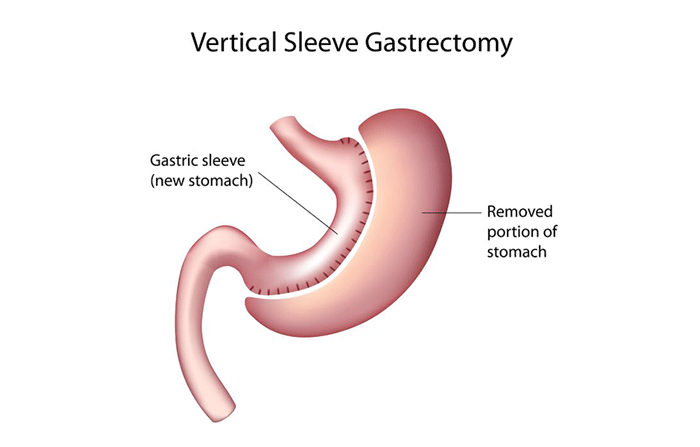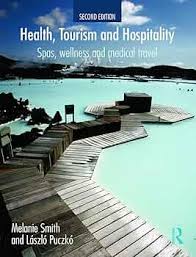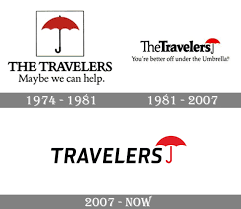Navigating the World of Medical Travel Tourism: A Guide to Global Healthcare Options
The Rise of Medical Travel Tourism: A Global Healthcare Phenomenon
Medical travel tourism, also known as medical tourism or health tourism, has emerged as a growing trend in the global healthcare industry. This phenomenon involves individuals traveling to other countries to seek medical treatment, often for reasons such as affordability, accessibility, or higher quality of care.
One of the key drivers behind the rise of medical travel tourism is the increasing cost of healthcare in many countries. Patients may choose to travel abroad for procedures that are more affordable in other regions, saving significant amounts of money while still receiving high-quality care.
Accessibility to specialized treatments and procedures is another factor that contributes to the popularity of medical travel tourism. Some countries offer cutting-edge medical technologies and treatments that may not be available in a patient’s home country, prompting individuals to seek care abroad.
Quality of care is also a major consideration for patients exploring medical travel tourism. Many countries have internationally accredited hospitals and healthcare facilities that adhere to strict standards of care, providing patients with peace of mind regarding the quality and safety of their treatment.
Furthermore, the globalization of healthcare has made it easier for patients to research and connect with healthcare providers around the world. The internet has played a significant role in facilitating this process, allowing patients to compare treatment options, read reviews, and make informed decisions about their healthcare journey.
Despite its benefits, medical travel tourism does come with its own set of challenges. Language barriers, cultural differences, and logistical issues can present obstacles for patients seeking treatment abroad. However, many medical travel facilitators and agencies specialize in helping patients navigate these challenges and ensure a smooth healthcare experience.
In conclusion, medical travel tourism is reshaping the landscape of global healthcare by offering patients new opportunities for affordable, accessible, and high-quality medical care. As this trend continues to grow, it is essential for both patients and healthcare providers to stay informed about the benefits and considerations associated with seeking treatment abroad.
Exploring the Benefits of Medical Travel Tourism: Affordable Care and Unique Opportunities
- Access to affordable medical treatments that may be cost-prohibitive in one’s home country.
- Opportunity to receive specialized procedures and treatments not available locally.
- Access to high-quality healthcare facilities accredited by international standards.
- Reduced wait times for consultations, surgeries, and other medical services.
- Ability to combine medical treatment with leisure travel, creating a holistic wellness experience.
Challenges of Medical Travel: Language Barriers, Cultural Differences, and Logistical Complexities
- Language barriers can hinder effective communication between patients and healthcare providers in a foreign country, potentially leading to misunderstandings or complications.
- Cultural differences may impact the patient’s overall experience and comfort level during their medical travel journey, affecting their emotional well-being.
- Logistical challenges such as navigating unfamiliar healthcare systems, arranging travel logistics, and coordinating post-treatment care can add stress and complexity to the medical travel process.
Access to affordable medical treatments that may be cost-prohibitive in one’s home country.
One of the key advantages of medical travel tourism is the access to affordable medical treatments that may be cost-prohibitive in one’s home country. By seeking treatment abroad, patients can often save a significant amount of money on procedures and healthcare services that would otherwise be financially burdensome in their own healthcare system. This affordability factor allows individuals to receive the necessary medical care they need without compromising on quality, opening up new possibilities for those seeking cost-effective solutions to their health concerns.
Opportunity to receive specialized procedures and treatments not available locally.
One significant advantage of medical travel tourism is the opportunity for individuals to access specialized procedures and treatments that may not be available in their local area. By traveling to other countries known for their advanced medical technologies and expertise in specific healthcare fields, patients can benefit from cutting-edge treatments that could significantly improve their health outcomes. This aspect of medical travel tourism opens up a world of possibilities for patients seeking innovative solutions to complex medical conditions that may not have viable treatment options locally.
Access to high-quality healthcare facilities accredited by international standards.
One significant advantage of medical travel tourism is the access it provides to high-quality healthcare facilities that are accredited by international standards. Patients seeking treatment abroad can benefit from receiving care at hospitals and clinics that adhere to strict guidelines and regulations, ensuring top-notch medical services and patient safety. These accredited facilities offer state-of-the-art technology, experienced healthcare professionals, and comprehensive care, giving patients peace of mind knowing that they are receiving treatment in a trusted and reputable setting.
Reduced wait times for consultations, surgeries, and other medical services.
One significant advantage of medical travel tourism is the reduction in wait times for consultations, surgeries, and other medical services. Patients who opt to seek treatment abroad often benefit from expedited access to healthcare professionals and procedures, allowing them to receive timely care without enduring long waiting lists. This efficiency not only accelerates the overall treatment process but also contributes to improved outcomes and patient satisfaction. By bypassing lengthy wait times, individuals can address their health concerns promptly and embark on a quicker path to recovery, highlighting the valuable impact of medical travel tourism on enhancing healthcare accessibility and efficiency.
Ability to combine medical treatment with leisure travel, creating a holistic wellness experience.
One notable advantage of medical travel tourism is the ability to seamlessly combine medical treatment with leisure travel, offering patients a holistic wellness experience. By seeking healthcare services in a different country, individuals have the opportunity to not only address their medical needs but also explore new destinations, cultures, and experiences. This unique blend of medical care and leisure activities can contribute to a sense of overall well-being, allowing patients to rejuvenate both physically and mentally while undergoing treatment.
Language barriers can hinder effective communication between patients and healthcare providers in a foreign country, potentially leading to misunderstandings or complications.
Language barriers present a significant challenge in medical travel tourism, as effective communication between patients and healthcare providers is essential for ensuring safe and successful treatment. Misunderstandings due to language differences can result in incorrect diagnoses, improper treatment, or complications during medical procedures. Patients may struggle to convey their medical history, symptoms, or concerns accurately, while healthcare providers may find it challenging to explain treatment options or follow-up care instructions. Addressing language barriers through interpreter services or multilingual staff is crucial to overcoming this con of medical travel tourism and promoting clear communication for optimal patient care.
Cultural differences may impact the patient’s overall experience and comfort level during their medical travel journey, affecting their emotional well-being.
Cultural differences present a significant challenge in medical travel tourism, as they can have a profound impact on the patient’s overall experience and comfort level throughout their healthcare journey. Patients may find themselves in unfamiliar settings with customs, practices, and communication styles that differ from what they are accustomed to, leading to feelings of disorientation and discomfort. These cultural disparities can affect the patient’s emotional well-being, potentially causing stress, anxiety, or a sense of isolation during a time when they are already vulnerable due to their medical condition. It is crucial for healthcare providers and facilitators in medical travel tourism to address these cultural differences sensitively and proactively to ensure that patients feel supported and cared for throughout their treatment abroad.
Logistical challenges such as navigating unfamiliar healthcare systems, arranging travel logistics, and coordinating post-treatment care can add stress and complexity to the medical travel process.
One significant con of medical travel tourism is the array of logistical challenges that patients may encounter throughout their healthcare journey. Navigating unfamiliar healthcare systems, coordinating travel logistics, and arranging post-treatment care can introduce added stress and complexity to the already daunting process of seeking medical treatment abroad. These logistical hurdles can potentially hinder the overall patient experience and require careful planning and support to ensure a seamless and successful medical travel experience.



